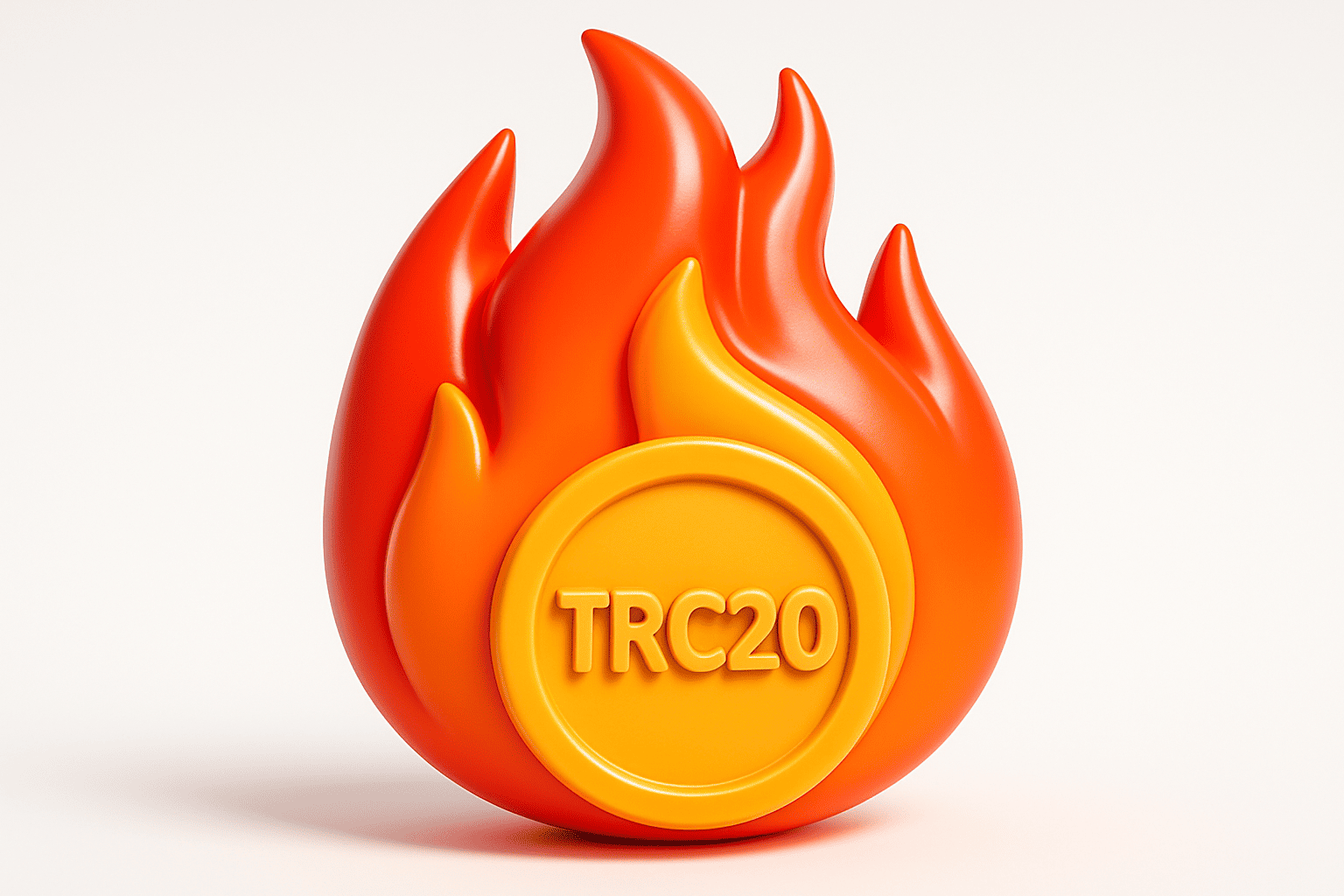Popular cryptos
Oasis Network
Download app Ironwallet and get tool for making transaction without network fee
About Oasis Network
Oasis Network is an innovative privacy-focused blockchain platform that allows decentralized applications to run in complete confidentiality. Launched in 2020, Oasis aims to provide a secure and scalable environment where users can share data and conduct transactions privately.
Origins and Founding Team
Oasis Network was founded by Dawn Song and Raymond Cheng in 2018. Song has an extensive background in computer security and cryptography, having taught at UC Berkeley and served as a research scientist at Google. Cheng previously led engineering teams at Dropbox and is an expert in distributed systems.
The Oasis team also includes specialists in cryptography, blockchain architecture, and engineering with backgrounds from Apple, Google, and other major tech firms. This convergence of security, systems, and blockchain expertise makes Oasis well-positioned to become a leading privacy blockchain.
How Does Oasis Network Work?
The Oasis Network stands at the forefront of innovation with its two-tiered framework, consisting of the Consensus Layer and the ParaTime Layer. This unique setup offers a key benefit by splitting the processes of consensus and execution, leading to unmatched scalability and adaptability. By allowing multiple ParaTimes to run transactions simultaneously, the network ensures that basic tasks are not slowed down by more intricate ones, promoting a swift and efficient blockchain environment.
A notable achievement for the Oasis Network is being the initial layer-1 blockchain to inherently incorporate Rollups into the Consensus Layer. This pioneering move provides developers with a decentralized environment for crafting custom ParaTimes, designed to meet the varied requirements of different applications. The adoption of Rollups substantially boosts the network’s transaction processing capabilities, improving throughput and minimizing expenses, and establishing the Oasis Network as a trailblazer in the realm of blockchain technology.
Features and Technologies
1. Implements a dual-layer architecture with a Consensus Layer and a ParaTime Layer, enhancing scalability and flexibility. This design ensures a more efficient operation by separating the processes of achieving agreement on transactions and executing them.
2. This architectural division allows for simultaneous transaction processing across multiple ParaTimes, ensuring that complex operations in one ParaTime do not hinder the speed of simpler transactions in another.
3. The ParaTime Layer operates on a fully decentralized basis, enabling any developer to create and deploy their own ParaTime tailored to specific application requirements, including confidential computing and various committee structures.
4. Oasis Network employs advanced anomaly detection techniques, making it more efficient than alternatives like sharding and parachains. It achieves a high level of security with fewer resources.
5. The Oasis core team has developed three key ParaTimes:
- The Emerald ParaTime is designed for EVM compatibility, addressing high fees and low transaction speeds that challenge Solidity developers. By boosting transaction speeds to 1,000 per second and slashing fees by over 99% compared to Ethereum, it significantly enhances accessibility and usability for a wider audience.
- The Cipher ParaTime focuses on confidential smart contracts, encapsulating the privacy features Oasis is celebrated for. This ParaTime supports high-speed transactions, immediate transaction finality, and low costs, with the added benefit of privacy. It facilitates secure and private transactions for DEXs, NFT owners, and could revolutionize credit and lending in traditional finance. It runs smart contracts compiled in Oasis Wasm, with tools available for Rust, emphasizing security through strict memory management.
- Sapphire ParaTime, another EVM-compatible option for confidential smart contracts, is the newest member of the Oasis ecosystem. It allows for the confidential processing of smart contracts written in Solidity or any EVM-compatible language. Unlike Cipher, Sapphire makes it easier for developers to add privacy features to their dApps with minimal adjustments to their existing smart contract code.
Use Cases
The Oasis Network boasts a versatile infrastructure that caters to a diverse array of applications. Its primary objective is to empower various domains, including decentralized finance (DeFi), gaming finance (GameFi), non-fungible tokens (NFTs), virtual worlds (metaverse), data tokenization, and decentralized autonomous organizations (DAOs) focused on data management.
The network’s robust privacy features offer unique advantages. For instance, decentralized exchanges can leverage these capabilities to safeguard against front-running transactions, while NFT users can securely protect their digital assets. Moreover, these privacy enhancements have the potential to unlock trillions of dollars in credit and lending markets within the traditional finance sector.
A distinguishing aspect of the Oasis Network is its ParaTime Layer, which empowers individuals to develop and construct their own ParaTimes. Each ParaTime can be tailored in isolation to cater to the specific requirements of a particular application. This flexibility allows for the implementation of various features such as confidential computing, open or closed committees, and other customized functionalities.
Tokenomics and ROSE Token
ROSE, the primary utility token of the Oasis Network, serves as the lifeblood of the ecosystem. It facilitates essential functions such as covering transaction costs, enabling staking, and facilitating trading activities. Token holders have the opportunity to actively participate in the network by delegating their ROSE tokens, which not only contributes to the platform’s security but also allows them to earn rewards for their involvement. A notable feature of ROSE is its fixed maximum supply of 10 billion tokens, ensuring a controlled and predictable token economy within the Oasis Network.
Comparison to Competitors
Unlike networks like Ethereum and Solana that focus on scalability and throughput, Oasis differentiates itself by putting privacy front and center.
Other privacy-centric blockchains include Monero and Zcash. Oasis provides programmability and smart contracts, which they lack. Secret Network offers similar confidential computing to Oasis but uses a different consensus model.
Oasis’ eponymous ParaTime consensus has unique advantages like speed, security, and decentralization that gives Oasis the edge in the privacy space.
Future Outlook and Potential
Oasis has rapidly emerged as one of the most promising privacy-first blockchains with an experienced team and substantial funding. With privacy concerns around data only growing, Oasis’ future outlook is bright.
On the roadmap are developments like decentralized storage, scalability improvements, developer resources, and compliance features that will augment the network’s capabilities. As adoption grows, ROSE has considerable upside potential in valuation.
Oasis is well-positioned to become a core blockchain for confidential computing and data privacy. The possibilities it unlocks for decentralized technology across industries are immense. Oasis has the technical architecture, team, and vision to make this privacy-first future a reality.
Conclusion
Oasis Network is an ambitious project pushing blockchain technology in a more private and secure direction. By combining performant consensus with bleeding-edge cryptographic techniques, Oasis provides the essential confidentiality required for many emerging Web3 and industry use cases. With accelerating development and integration, Oasis shows great promise to become a widely-used privacy platform at the heart of tomorrow’s blockchain ecosystems.





















